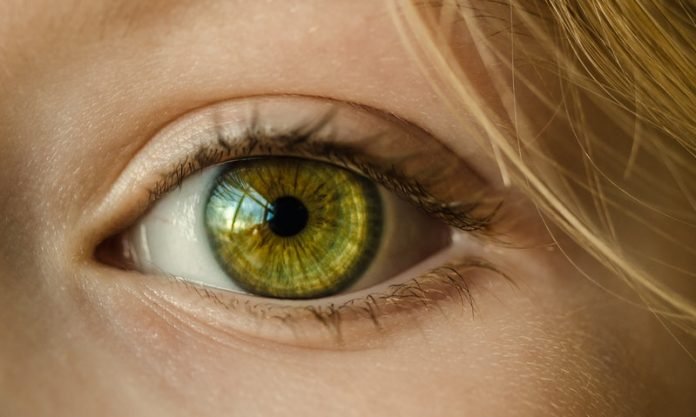
In a new study from Indiana University, researchers found that early treatment with anti-VEGF injections reduces diabetic retinopathy.
Their 2-year results suggest that close monitoring and routine treatment when complications develop are key to preventing vision loss from diabetic retinopathy.
An estimated 30 million Americans have diabetes, which can cause blood vessel abnormalities, including the growth of new blood vessels in the eye, called diabetic retinopathy.
In the early stages of diabetic retinopathy, changes in the eye’s blood vessels are visible to clinicians but generally do not affect sight.
In the advanced stages, people can develop proliferative diabetic retinopathy (PDR), where retinal blood vessels grow abnormally, and/or diabetic macular edema (DME), where fluid leaks out of the retinal blood vessels. Both can lead to vision loss and blindness.
Treatment, such as with anti-VEGF drugs, can slow or prevent vision loss in people with PDR or DME, as long as treatment occurs promptly.
In this study, people with early diabetic retinopathy were assigned to receive either injection of Eylea (aflibercept) or a sham injection.
If the disease progressed, regardless of whether they were in the treatment or sham group, participants were given Eylea more frequently as is given in standard practice.
If their condition did not improve with additional anti-VEGF treatment, participants could be given treatments such as laser photocoagulation or surgery if necessary.
The study included 328 participants (399 eyes). In two years, the rate of advanced diabetic retinopathy was 33% in the control group, compared with 14% in the treatment group.
However, loss of visual acuity was essentially the same between the two groups at 2 years, suggesting that standard treatment is sufficient to prevent further vision loss at this time point.
The team now looks toward the four-year data to see whether reducing rates of diabetic retinopathy worsening will lead to long-term improvement in visual outcomes.
If you care about type 2 diabetes and your health, please read studies about this vitamin may help lower risk of type 2 diabetes and findings of this simple habit could help reduce type 2 diabetes symptoms.
For more information about diabetes treatment and prevention, please see recent studies about the cause of early-stage type 2 diabetes and results showing that this sleep problem is a new risk factor of type 2 diabetes.
The study is published in JAMA Ophthalmology. One author of the study is Raj Maturi, M.D.
Copyright © 2021 Knowridge Science Report. All rights reserved.



